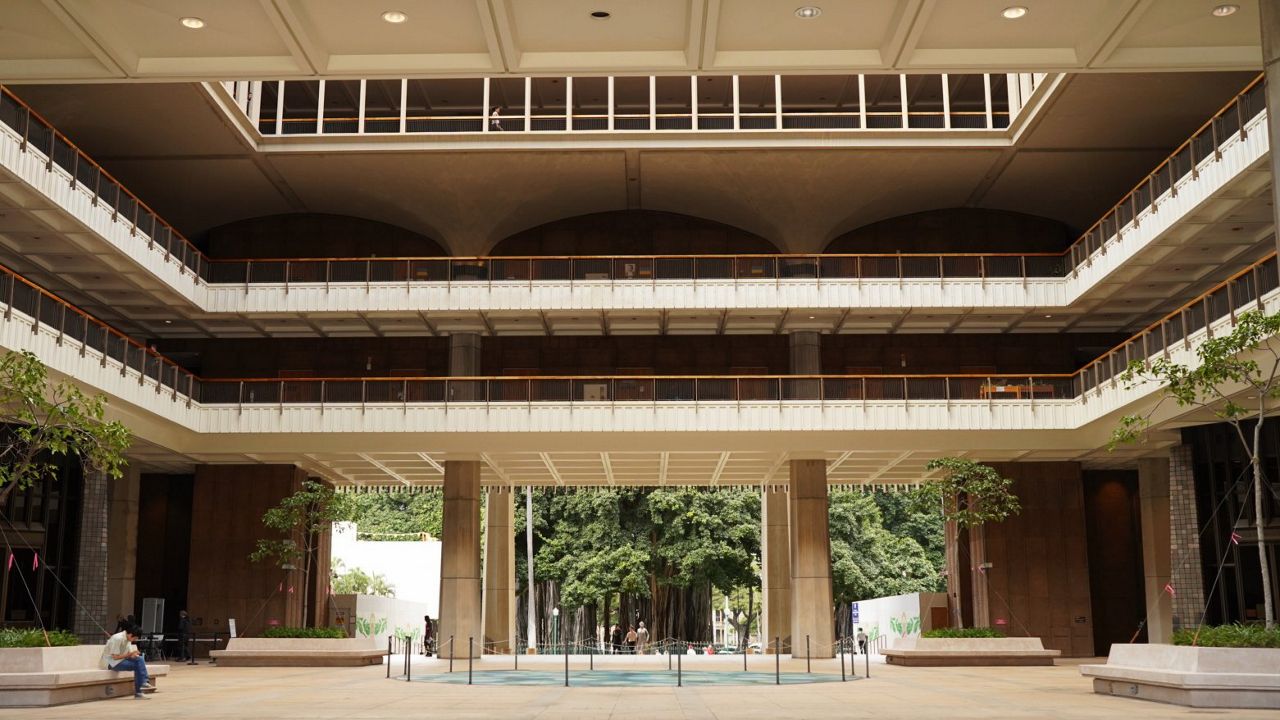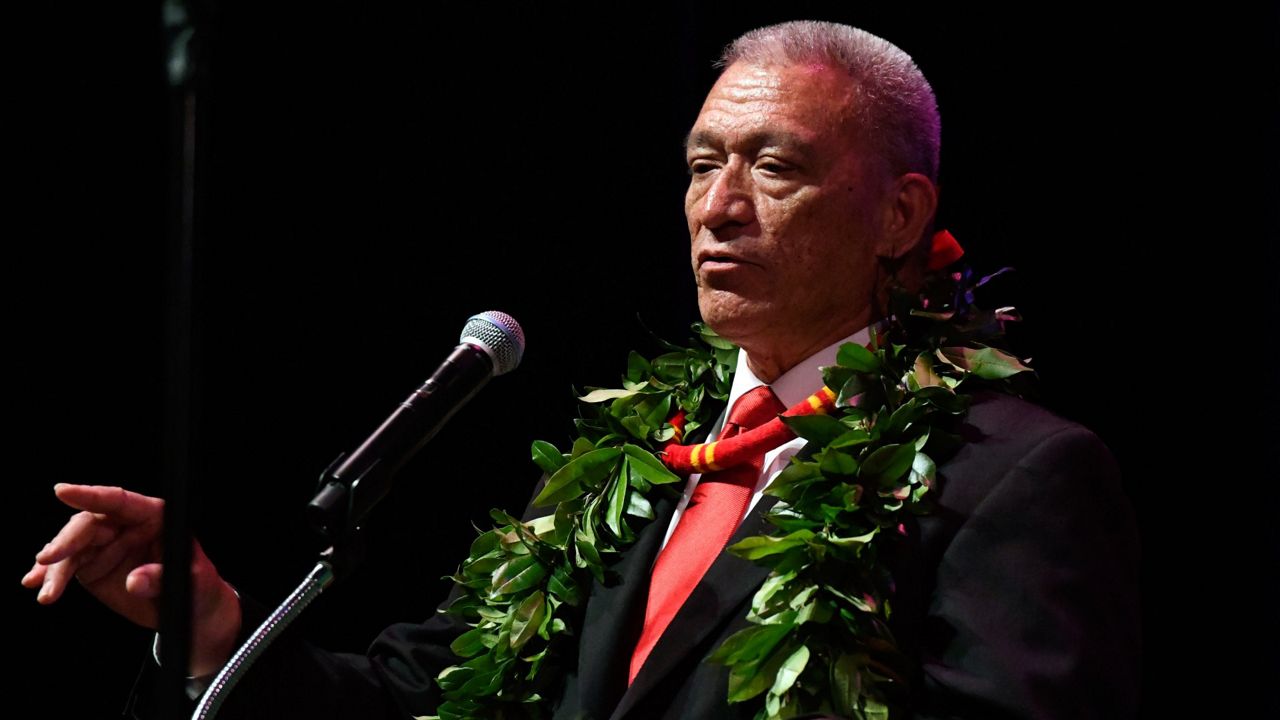State House and Senate conferees agreed Friday to defer an ambitious two-part bill that would have established significantly reformed and reorganized the Commission on Water Resource Management and created within the commission a policy coordinator to coordinate Red Hill Water Alliance Initiative programs.
“I am greatly disappointed in the outcome on (House Bill 2690, House Draft 2, Senate Draft 1) despite agreement between both legislative bodies that this bill is urgently needed and very important — not just for Red Hill, but also for Lahaina,” said Sen. Lorraine Inouye, chair of the Senate Committee on Water and Land.
The original House bill addressed only the Red Hill Remediation Special Fund and the Red Hill WAI policy coordinator and other positions within the commission. The later Senate draft added the second section that more broadly proposes changes to the composition, responsibilities and administrative attachment of the commission — all matters of long-held concern for those involved in water management and use.
Specifically, the new Section II of the bill proposed to:
Repeal the position of deputy to the chairperson of the commission and establish the position of executive director of the commission;
Allow the commission to retain independent legal counsel;
Amend the composition of the commission and administratively attach it to the Department of Land and Natural Resources;
Establish fines for certain water use offenses;
Authorize entities to challenge an emergency order of the commission under certain conditions;
Amend the Commission’s authority to declare water emergencies and issue orders to address them and declare water shortages and related notice requirements;
Specify that the nominating committee of the commission shall include one person appointed by the chief executive officer of the Office of Hawaiian Affairs; and
Declare that the general fund expenditure ceiling is exceeded.
In a joint report, the Senate Committees on Water and Land and Agriculture and Environment stated that “continuous and experienced leadership is needed for the Commission to administer and implement the State Water Code. Your Committees find that clarification of the Commission’s purpose, reform of its leadership structure, and amendment to its composition will provide greater accountability and protection of the State’s waters.”
The report noted “concern that the current composition of the Commission makes it vulnerable to undue political influence that may hinder emergency action or enforcement of the State Water Code against wealthy and politically powerful interests.”
The Senate draft addressed this concern by specifying that the Chairperson of the Commission would be elected by a majority of members of the commission and that the chair of the Board of Land and Natural Resources and the director of health (or their designees) would serve as ex-officio voting members of the Commission but would not be eligible to chair the commission.
In written testimony to the ways and means committee, the Department of Land and Natural Resources stated its opposition to the commission being attached to DLNR for administrative purposes only.
“The Department recognizes that the Commission has its independent authority in all matters related to the water code,” the testimony stated. “However, the department’s mission is to preserve and protect cultural and natural resources for the present and future generations. Our ability to fulfill our mission is built upon the foundation that water and land are integrally connected from an ecosystem and cultural lens.”
The department also objected to the BLNR chair and health director being excluded from serving as chair of the commission.
“The department finds that the commission regularly addresses highly complex water issues in close collaboration with numerous government agencies and community organizations, where the chair often serves as the delegated representative on behalf of the entire commission,” the testimony stated. “Placing these duties and responsibilities of the chairperson of the committee on a volunteer appointed position may be unduly burdensome and present challenges in fulfilling obligations of the role.”
The Department of the Attorney General also opposed the bill on the grounds that the added second section was substantively beyond the scope of the original bill, in potential violation of the state’s “gut and replace” law. As the AG noted, the process would need to be restarted and the amended would need to pass three more readings to avoid a possible legal challenge.
On Friday, both Inouye and House Committee on Water and Land chair Linda Ichiyama vowed to continue their efforts to get a bill passed next session.
“We’ve got some work to do,” Inouye said. “I already have some things lined up for our post-session work.”









